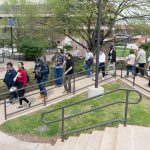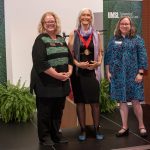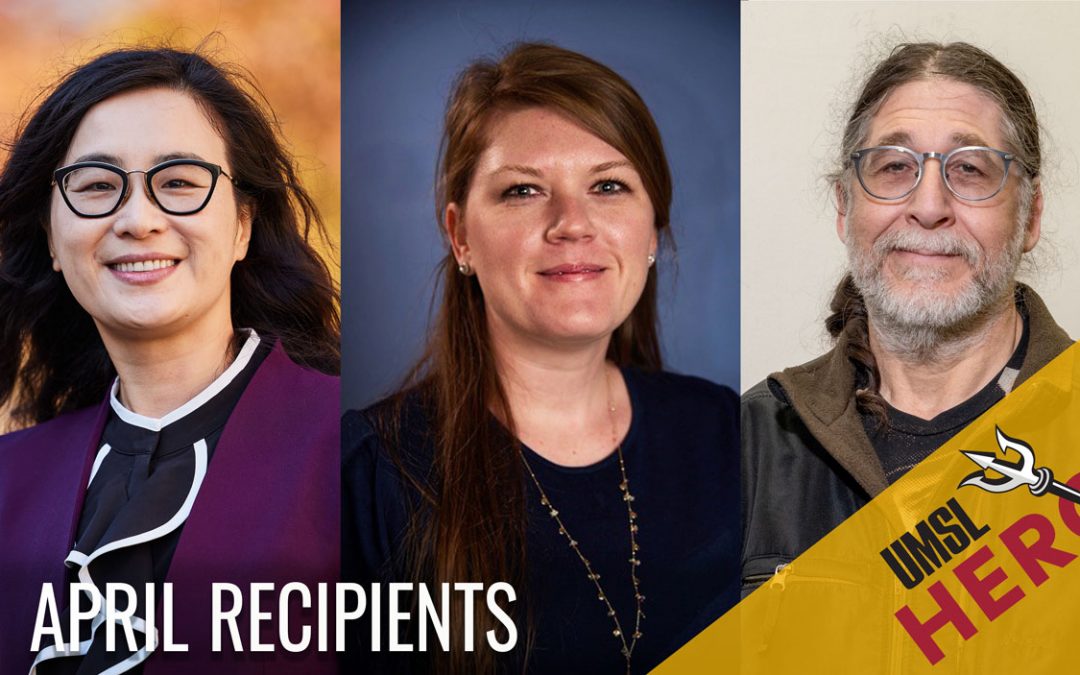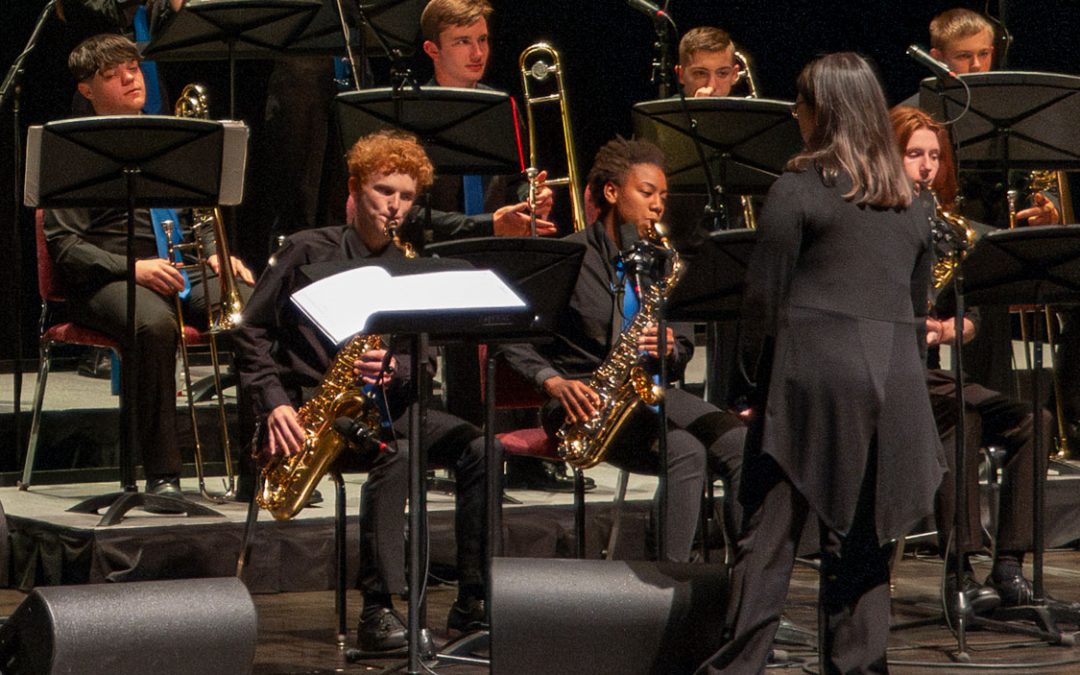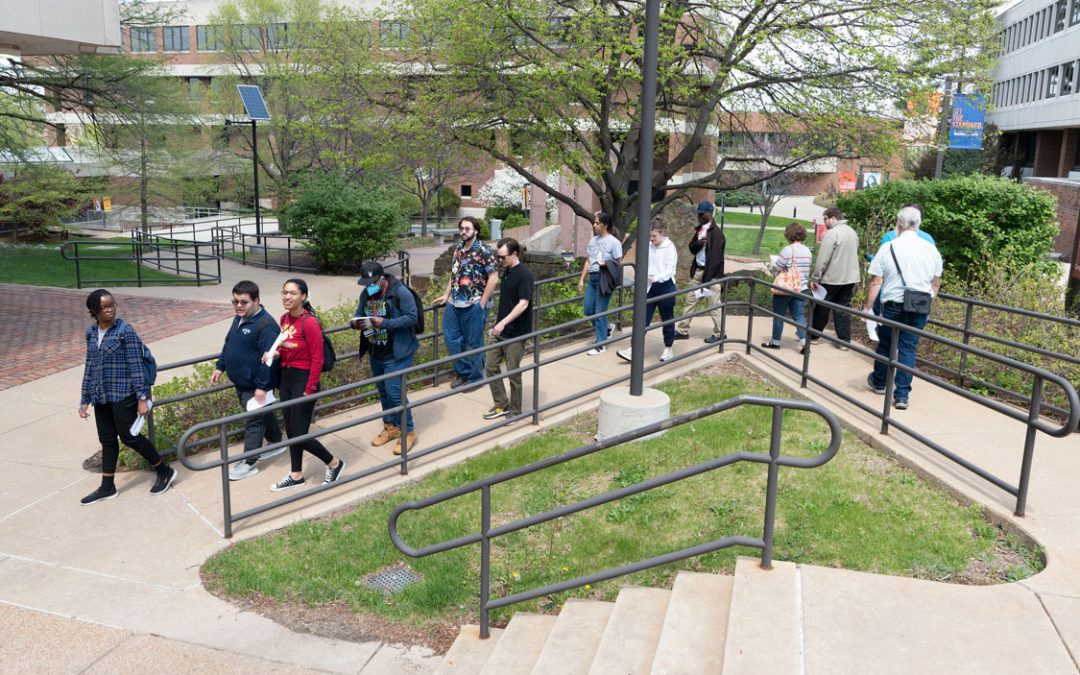Crime in New York has been on the decline for two decades. Law enforcement officials attribute the decrease to the police department’s aggressive use of a program called “Stop, Question and Frisk.”
The tactic has garnered critics, but little research. Richard Rosenfeld, Curators’ Professor of Criminology and Criminal Justice at the University of Missouri–St. Louis, has been awarded a $215,000 grant from the Open Society Foundations to continue exploring the connection between the SQF tactic and New York crime rates. This is the second yearlong grant received by Rosenfeld from OSF to research this topic.
“This grant is an extension of a project we completed in 2011,” Rosenfeld said. “This new grant will allow us to dig much deeper. It’s very exciting work, and I’m really pleased to be able to do it.”
In 2010, Rosenfeld was awarded a grant from the Open Society Foundations to research the tactic along with colleagues from John Jay College of Criminal Justice. Rosenfeld wrote an article based on that research with UMSL alumnus Robert Fornango, who now runs a statistical consulting business in Phoenix.
“The first project started because we are very interested in this question of whether the New York City practices have an impact on the decline of crime,” Rosenfeld said. “Our findings, which show that it has had little impact on the decline in crime, were presented during a conference in September 2011, and from that, the Open Society Foundations asked us to come back with another proposal to look at the topic in greater depth. We are excited about the opportunity to examine this further.”
New York police officers make just under 700,000 stops a year with only 6 percent to 7 percent of them resulting in an arrest. An overwhelming amount of those stops are targeted at young black and Hispanic men. Rosenfeld said under the SQF tactic, officers can stop a suspect if they have “reasonable suspicion” a crime has or is about to occur.
The new grant will allow Rosenfeld and colleague David Weisburd, a Distinguished Professor in Criminology at George Mason University in Fairfax, Va., to study the tactic’s impact on a more localized, month-to-month basis for stops made in all 76 police precincts within the city between January 2006 and the end of 2011.
“I feel fortunate to be able to do this work in New York and to carry whatever lessons we learn in New York back to St. Louis,” Rosenfeld said. “St. Louis engages in multiple enforcement activities. The one that I’ve been following most closely and evaluating is the so-called ‘hot spot strategy,’ which focuses patrols in areas where crime is higher. That work may yield lessons for New York.”






